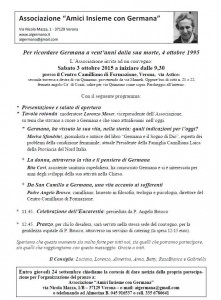 On Saturday 3 October 2015 at 9.30, at the Camillian Centre for Formation of Verona, a conference will be held to remember #GermanaSommaruga twenty years after she went to heaven.
On Saturday 3 October 2015 at 9.30, at the Camillian Centre for Formation of Verona, a conference will be held to remember #GermanaSommaruga twenty years after she went to heaven.
This initiative has been promoted by the Association ‘Friends Together with Germana’.
Below is a brief description of the conference by Lorenzo Moser, the Vice-President of the Association ‘Friends Together with Germana’ which has its headquarters in Verona.
The Association ‘Friends Together with Germana’ was founded five years ago with the aim of promoting the cause of the beatification and canonisation of Germana Sommaruga. But it does more than this. Indeed, we have the goal of making her known about and spreading her thought through increasing people’s knowledge about her writings.
This is the reason why we are here. We want to remember German on the twentieth anniversary of her ‘birth’ to a new life in heaven. And to do this we thought of offering this conference, asking some people who knew her, directly or indirectly through her writings, to describe her to us. Naturally enough, a multi-faceted personality like Germana cannot be completely described at a conference but it is our hope that through the papers of these three ‘friends’, these speakers, it will also be possible to stimulate in you participants a wish to develop your knowledge about her ideas and her thought.
What can one say about Germana? Simplifying, one could say that she lived the whole of her earthly life trying through her ideas, her writings and her example to be at the side of those who suffered, feminising, if one can use this term, the strong message of St. Camillus. But to use this term does not mean that she did this using instruments, kneeling down in a less strong and less ‘manly’ way, as she used to say. Indeed, a Father Superior of the Ministers of the Sick, Fr. Florindo Rubini, once said to her: ‘you are a Camillian!’ He did this to explain with how much strength, with how much moral fibre, Germana tried to advance her ideas, her vision of helping those people who undergo suffering, of whatever kind it may be.
Because suffering is not only physical suffering but also psychological suffering, it is also the suffering that comes from loneliness. Germana wanted everyone to be able to open their eyes and realise how much suffering there is around us. And once they have opened their eyes to enter the fray – each with their own resources – in order to become neighbours and alleviate pain. At times it is enough to accompany a person with one’s own presence in order to sent out a strong message. Words are of no use. Perhaps the most painful part of ‘being unwell’, of having problems, of suffering that is to say, is not so much or only the fact of asking oneself ‘why has this happened to me, what have I done wrong?, as feeling alone in facing up to one’s situation.
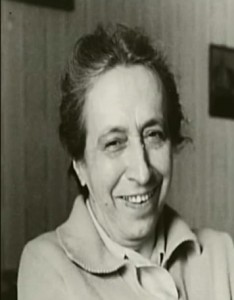 Such is the message of Germana: suffering exists, let us kneel down to help those who are in need.
Such is the message of Germana: suffering exists, let us kneel down to help those who are in need.
Another aspect of German which struck me a great deal was her freedom. I have always felt that she was capable of total openness to the other. When she was asked for advice, a clarification, Germana always helped that person to look for the best pathway by which to achieve fulfilment, to grow in human terms and in spiritual terms. In choices connected with a person’s vocation, Germana was always ready to help with great discretion and respect, often directing that person towards other pathways or Institutes, without being inclined to direct that person to the Institute that she had founded: the women Missionaries of the Sick – Christ the Hope.
Hers was a new, unknown and often problematic pathway. But it was a pathway that was needed, for the Church as well, and Pope XII accepted her request and met her. He had for her words of encouragement. The time is ripe: the Church and the world need people who embrace this new form of consecrated life at the service of suffering.
The speakers will be: Marisa Sfondrini, Rosabianca Carpene, Fr. Angelo Brusco.



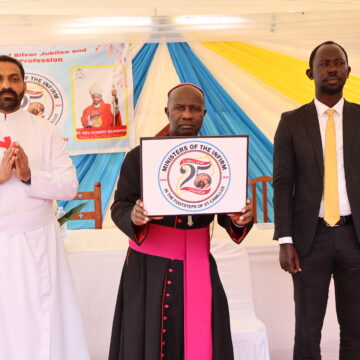
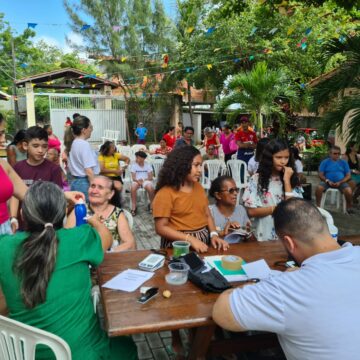
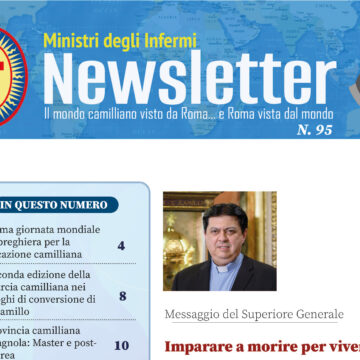
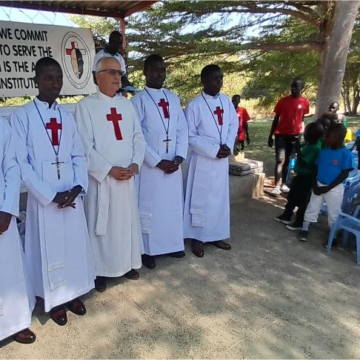
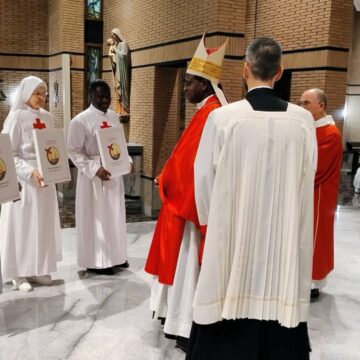

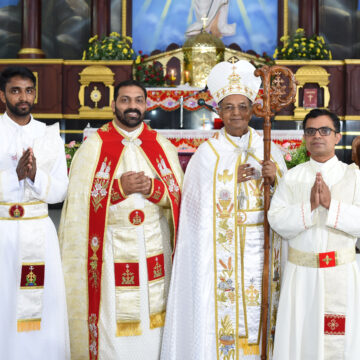
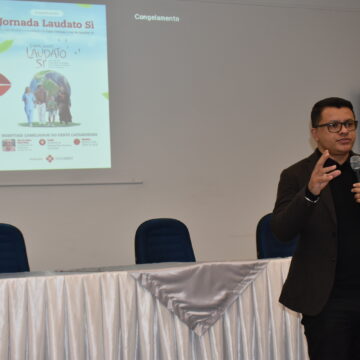
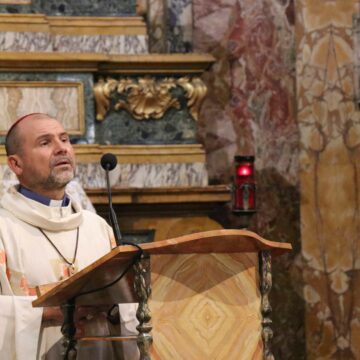
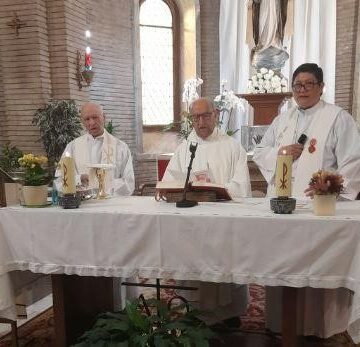
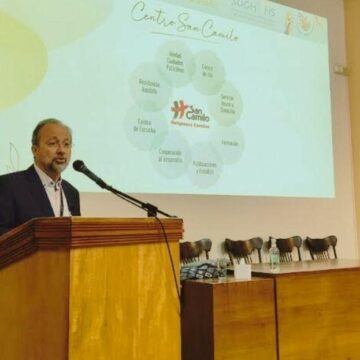
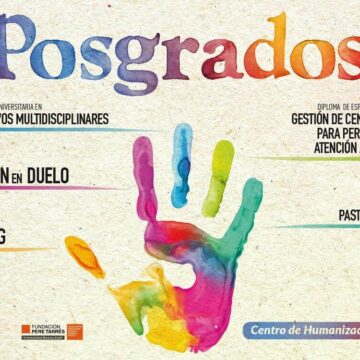
Camillians on Facebook
Camillians on Twitter
Camillians on Instagram